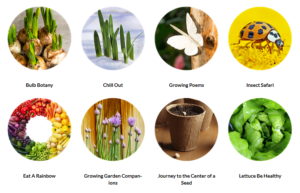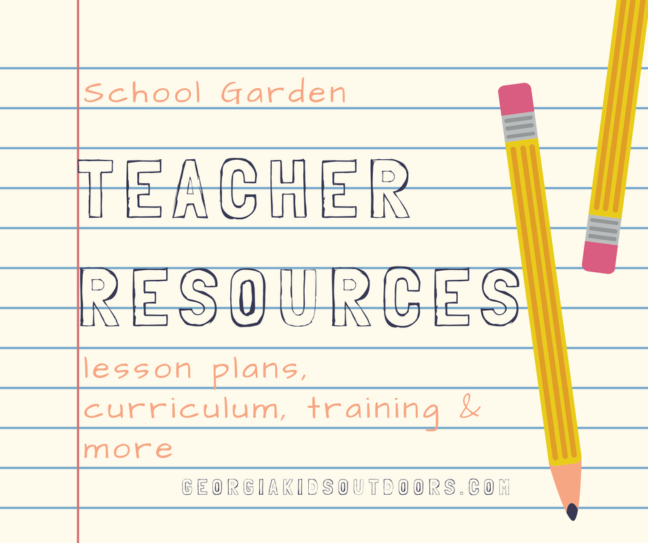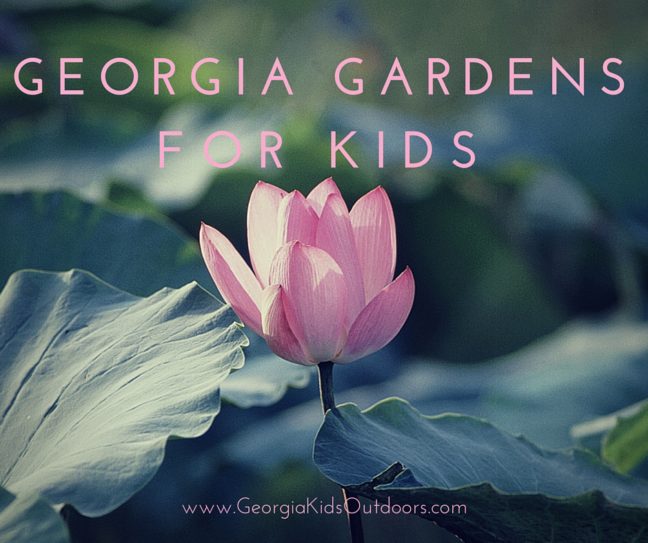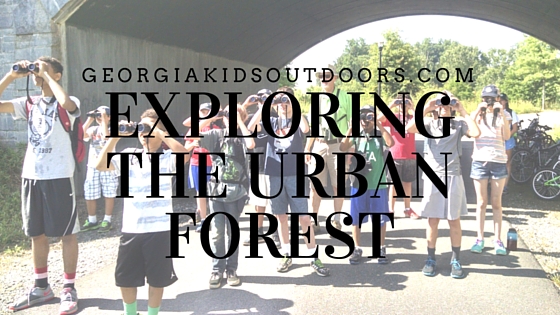School gardens aren’t just a great way to incorporate some outdoor time into your kids’ school day — they also offer countless opportunities for teachers to bring STEM lessons to life (literally).
But asking overburdened teachers, who may not be gardeners themselves, to figure out how to add a gardening project to their busy day that also aligns with ever-changing curriculum standards, can understandably be a huge stumbling block.
Have you already done the work to get a school garden started, but don’t see teachers using it? Or do you need to convince administration that one can be a useful teaching tool before you can break ground? Here’s a list of practical resources you can share with teachers. We’ve included school garden teacher training, lesson plans, planting plans, worksheets and teaching tools, videos, and complete outdoor classroom curricula. We’ve also included just a few resources to find grants (start with the first one to uncover a treasure trove of options).

Some of these school garden teaching resources are suitable for outdoor classrooms throughout the US, but we’ve focused on ones developed to align with Georgia curriculum standards. If you are looking for other states, reach out to your Cooperative Extension Service or 4-H program to see if they can help you find ones suitable for your teaching standards and growing conditions, or take a look at this extensive list from the UGA Extension School Garden Resource Website. The Cooperative Extension Service may even be able to connect you with some helpful Master Gardener Extension Volunteers who can help assist with your school gardening projects!
School garden lesson plans
- UGA Extension School Garden Curriculum – Lesson plans using gardens to teach a wide range of topics, grades K-8, aligned to the educational standards for the State of Georgia.
- Seed to Plate Farm to School Lesson Plans from Georgia Organics. Paired with appropriate Georgia Performance Standards, and covering topics including vocabulary building and historical figures. Includes lessons paired with related children’s books.
- EE (Environmental Education) in Georgia Lesson Plans – Created in partnership with the Georgia Department of Education and aligned to Georgia Performance Standards. Includes lesson plans for K-12th grade.
- Captain Planet’s Project Learning Garden Program Curriculum – Lessons for preschool through middle school, tied to common core curriculum standards across multiple subjects including math, science, health, social studies and language arts. Several lesson videos also available. The Captain Planet Foundation has its roots in Atlanta, starting with an idea created by Ted Turner.
- Nature Works Everywhere, presented by The Nature Conservancy – 58 different lesson plans, including a video for each lesson. Aligned to Next-Generation Science Standards and Common Core Standards. Also includes how-to videos and tip sheets for planning and planting gardens, and even a video on addressing kids’ fears about gardening.
- KidsGardening.org Lesson Plans
- National Wildlife Federation Schoolyard Habitat Lesson plans – aligned to National Science Education Standards.
Need more inspiration and lesson plans? Visit our School Garden Teacher Resources Pinterest board!
School Garden Planning Tools
Of course, all those lessons need a place to happen. Here are some tools for planning and designing your school garden:
- Steps in Starting a School Garden – Downloadable PDF with tips on starting a sustainable school garden from UGA Extension
- Georgia Organics Farm to School Planting Guide
- Nature Works Everywhere Garden Design Tool – online interactive grid to map out your school garden (and don’t miss the how-to videos mentioned above in the lesson plans section).
- KidsGardening.org – Designing a School Garden page
- NEW: Sowing the Seeds of Success – Free downloadable guide to starting and sustaining a kids gardening program from the American Horticultural Society and Cornell University.
School Garden Teacher Training
- Center for Urban Agriculture, UGA Extension – Offered two levels of teacher training in 2016; visit their website to find updates on 2017 training.
- Harvesting the Most from Your School Garden – Great 1-hour webinar from Charlie Nardozzi and KidsGardening.org covering topics including how to get buy-in from administration, what to plant during the cooler school year months, and how to incorporate your harvest into the school cafeteria. Recording available on demand and free! See full list of webinars in the series here: https://www.kidsgardening.org/eat-learn-live-and-grow-webinar/
- Outdoor Learning Symposium from the Environmental Education Alliance of Georgia
- National Wildlife Federation webinars
School Garden Grants
And finally, if the spirit is willing but the budget is weak, here are just a few starting points for finding funding to make your school garden dreams come true. We recommend starting with EE in Georgia, which has tons of options.
- Environment Education in Georgia Grants Page
- Captain Planet Foundation Grants
- Nature Works Everywhere Grants
- KidsGardening.org Grant List (site also has tips on grant writing)
And yes, there are tons more of these kinds of resources out there, but we wanted to give a manageable list that should give your school gardening program a great start, and your teachers some easy resources that won’t take a ton of time or training to use.
See more on our Pinterest board!



